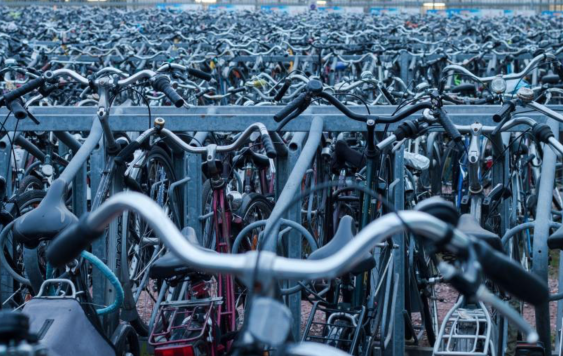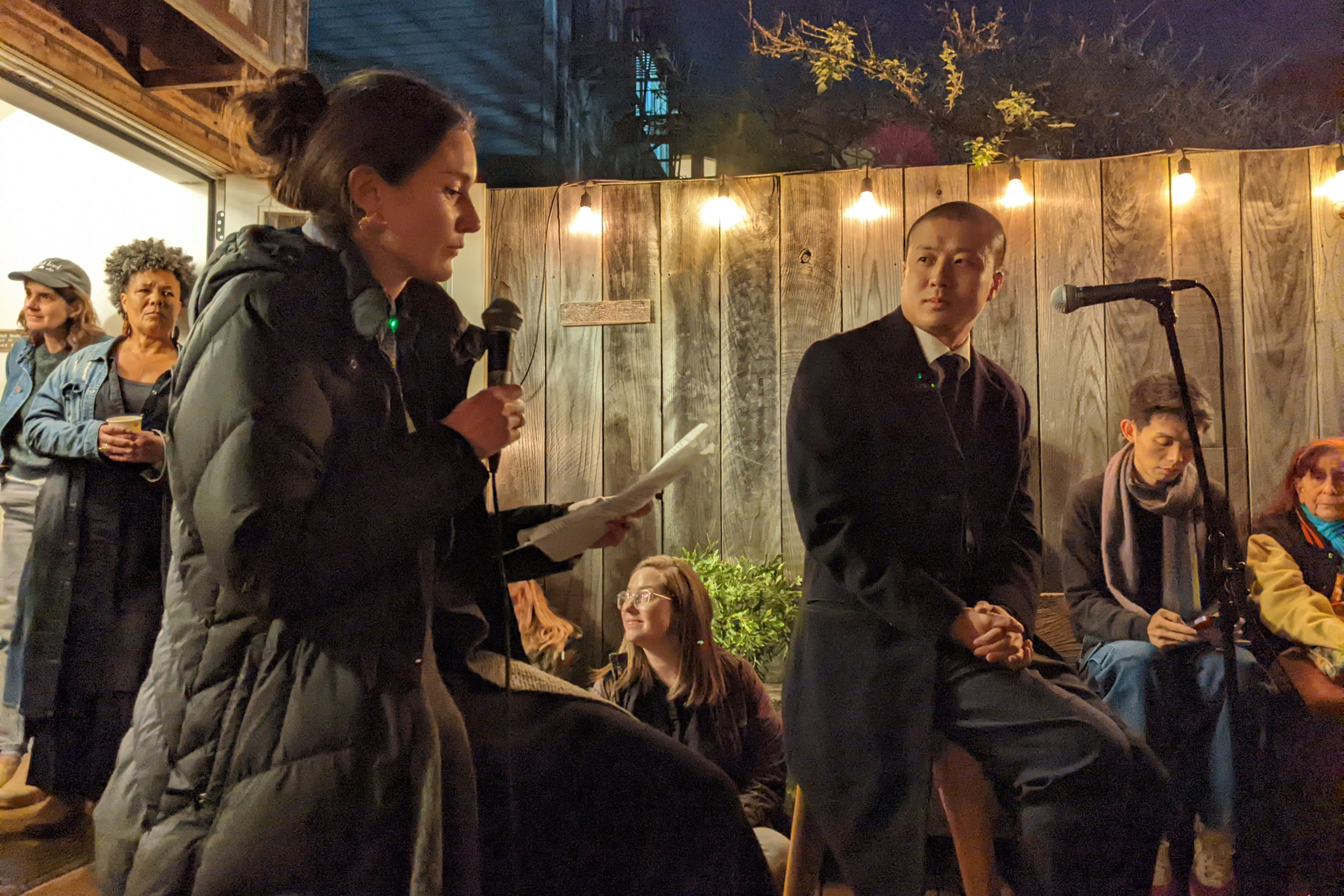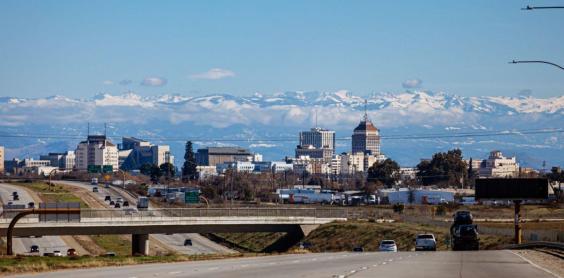An ambitious politician drawing a hard line against tax increases, even as gas tax revenues dwindle. A state department of transportation with limited resources. Warning signs pushed aside.
Those were the circumstances that preceded the collapse of the I-35 bridge in Minneapolis in 2007. While the story is specific to Minnesota, the same factors that led to the I-35 bridge collapse plague many other states.
To mark the five-year anniversary of the tragedy, David Levinson at Network blog Streets.mn has for the last few weeks been examining the various forces at play. Today, he gets into the details about how politics set the stage for a deadly infrastructure disaster:
Tim Pawlenty had already vetoed a legislature-passed increase in the gas tax that could have raised money to repair bridges like this one. The latest vetoed gas tax would not have solved this problem, but previous taxes that were not passed (due in part to Pawlenty’s previous veto threat) may have, had the money been spent on this kind of thing. The gas tax had not been raised in Minnesota since 1988, and thus its purchasing power had diminished significantly, while the network was expanded and aged, and traffic levels increased.
The Override Six are Republicans who voted with DFL to override Gov. Pawlenty’s veto of the gas tax bill. Four of them lost their seats due to Primary challenges, while the Republicans lost two of those seats to the DFL in the 2008 General Election. This leads to the rule that voting in favor of a gas tax increase can be dangerous to your political health, if you are a Republican.
The political problem is deeper than just the fate of a few politicians though. It is a classic problem in transportation funding. Ribbon cuttings on new projects are much more attractive to politicians (and newspapers and TV news) than maintaining what we have. People are also more interested in road surface than the underlying structure. Yet pavement failure, while bad, is not nearly as bad as structural failure. “Failure” in the traffic level of service sense (LOS “F”), while economically costly and personally annoying, and perhaps leading to more (or at least different) crashes, does not have anywhere near the same connotation as structural collapse.
The competing uses of funds are ultimately political decisions. Should money be spent for bread and circuses (er. football and baseball stadiums) rather than genuinely productive infrastructure? Five years later, should money be spent on new bridges with added capacity (e.g. the Saint Croix River Crossing in Stillwater) while over 1000 structurally deficient bridges remain in Minnesota (Kimball, Joe (2011) MinnPost, Report says 1,149 Minnesota bridges are deficient)?
Elsewhere on the Network today: Decatur Metro quotes Atlanta Mayor Kasim Reed, who says that if the region's voters don't approve a sweeping transportation spending package July 31, there very likely won't be a better option later. Urban Review STL looks longingly on the in-progress teardown of an elevated highway in Oklahoma City. And Systemic Failure recounts another embarrassing incident involving Toronto Mayor Rob Ford, whose risky driving recently got him into a confrontation with a streetcar driver.






